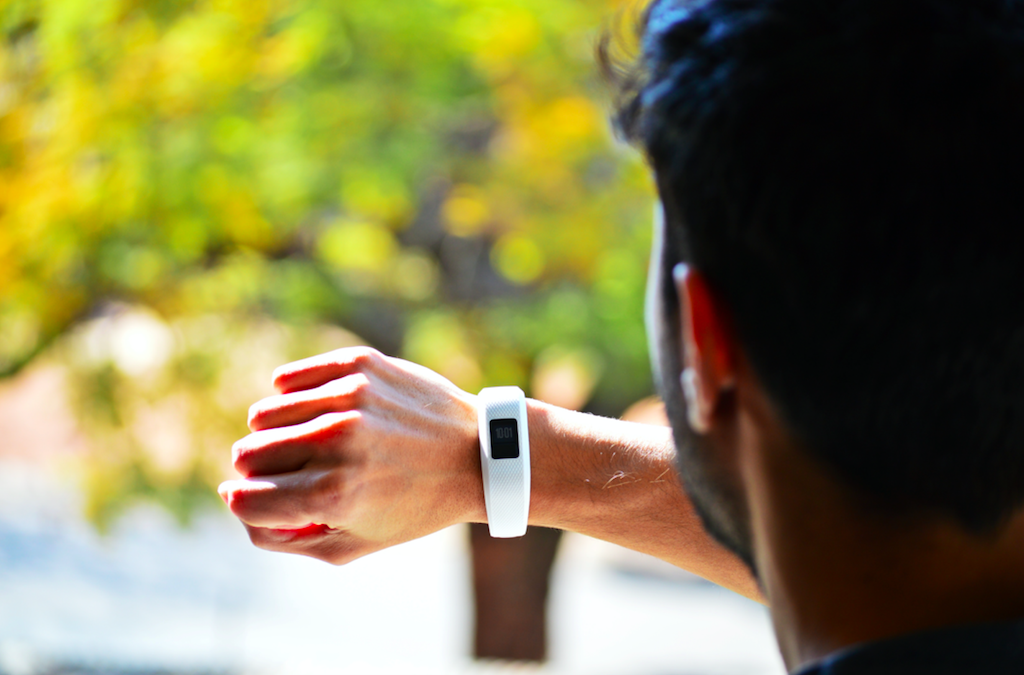As personal health technologies such as wearable fitness and sleep trackers increase in popularity, we continue to see advancements in the convenient modern tech that allows us to monitor our health in increasingly complex and accurate ways. These steps forward leave us asking ourselves about the other ways we can use technology to improve our health. Recently, science has discovered that our intestines are much more important to our overall health than we previously thought, and as a result, we may just see gut trackers become the next big thing.
The importance of the gut stems from the enteric nervous system within our gastrointestinal tract. It is a lining made up of over 100 million nerve cells that span from the esophagus to the rectum that covers the entire gastrointestinal tract, and is commonly called our “second brain.” The gut has a direct relationship with the actual brain, and after sensing food or bacteria it will inform the nervous system, which relays this information to the brain and can affect behavior. Because of this connection, we are beginning to realize how we might treat particular disorders and conditions that may have links to the brain and to stress, such as obesity, anorexia, autism, and PTSD.
While our deeper understanding of the gut’s importance is still relatively fresh, the development of gut tracking technology has already begun to make headway, though most deal primarily with digestion. FoodMarble, a digestive health tech startup, is one of the first to produce a digestive tracker: a pocket-sized breath analysis device for users to track their digestion in real time.
When food isn’t quite fully digested, it ferments in the gut and produces hydrogen, most of which is exhaled naturally. FoodMarble users manually input what they’ve eaten and what relevant symptoms they are experiencing into an app, and the breath test is able to discern if the food has been fully digested. As you use the tracker more, the app will give you greater insights into how different types of foods, sleep quality, and stress levels affect their digestive health.
Other advancements in gut tracking are slightly trickier than a breath test. It’s hard to say what a “wearable” gut tracker would look like, but the closest thing to it is an ingestible tech pill developed by researchers at RMIT University in Australia. The pill closely tracks digestion through measuring the gases commonly found in the digestive system, such as hydrogen, oxygen and carbon dioxide.
Testing has already revealed new information to researchers. One such discovery is that the stomach releases oxidizing chemicals to break down foreign compounds that stay in the stomach longer than normal. The pill is a much less invasive option for monitoring gut health and human trials have been successful, so it may not be long before doctors are regularly using ingestible pills to help patients with gut problems.
Gut tracking options these days tend to have a purely digestive slant, but there remains great potential for gut trackers to dive into the gut-brain connection that is relevant to a multitude of issues. What if we had a gut tracker that could monitor the enteric nervous system and recognize when the synapses are being relayed from the brain and affecting the way the gut behaves? We are not quite there, but FoodMarble’s digestion tracker and the newly developed ingestible pill to track gut-gases are significant steps forward. Trackers that can monitor the gut-brain connection could very well be just around the corner.
